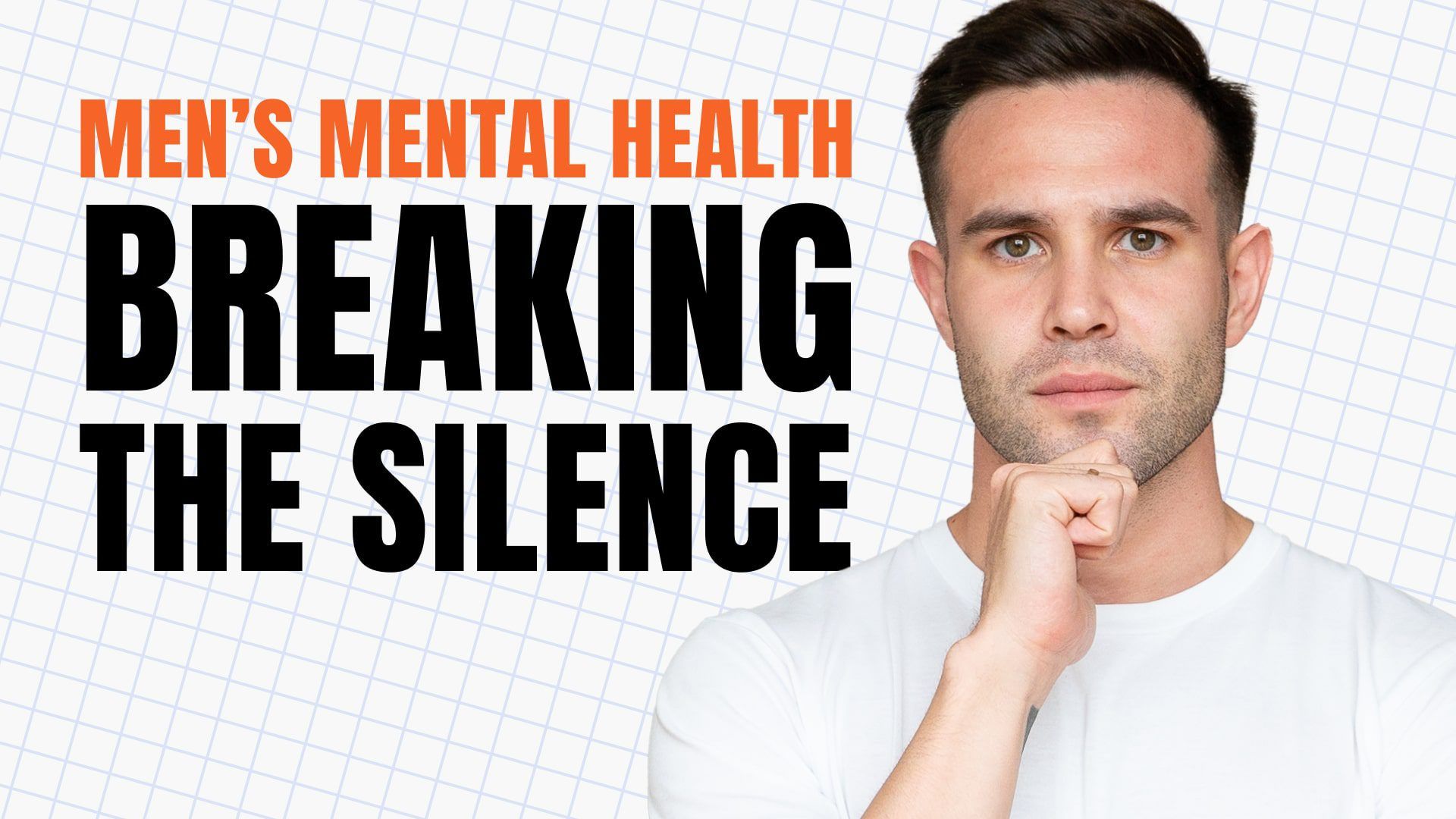Table of contents
In this article, you will learn
Protein is essential for growth, development, and maintaining health at every stage of life.
In this article, you’ll discover the specific protein needs of children, teens, adults, and seniors and practical tips for incorporating adequate protein into your diet.
Protein Needs for Children
Protein is crucial for children’s growth and development, supporting physical and cognitive functions.
Importance of Protein for Growth and Development
- Physical Growth: Protein supports the development of muscles, bones, and tissues in growing children.
- Cognitive Development: Adequate protein intake is essential for brain development and cognitive function.
Recommended Protein Intake
- Infants: 1.5 grams of protein per kilogram of body weight per day.
- Toddlers (1-3 years): 13 grams of protein per day.
- Preschoolers (4-8 years): 19 grams of protein per day.
- School-age Children (9-13 years): 34 grams of protein per day.
Best Protein Sources for Children
- Animal-Based: Milk, cheese, yogurt, eggs, chicken, fish.
- Plant-Based: Beans, lentils, tofu, nut butter, whole grains.
- Tips for Incorporation: Include a variety of protein sources in meals and snacks, such as scrambled eggs for breakfast, a turkey sandwich for lunch, and beans or chicken for dinner.
Protein Needs for Teens
During adolescence, protein needs increase to support rapid growth and development.
Role of Protein in Adolescent Growth
- Puberty and Growth Spurts: Protein is vital for supporting the rapid growth and hormonal changes that occur during puberty.
- Muscle Development: Protein helps build and repair muscle tissue, which is important for active teens.
Recommended Protein Intake
- Teen Boys (14-18 years): 52 grams of protein per day.
- Teen Girls (14-18 years): 46 grams of protein per day.
Best Protein Sources for Teens
- Animal-Based: Lean meats, poultry, fish, eggs, dairy products.
- Plant-Based: Quinoa, soy products, beans, nuts, seeds.
- Tips for Encouragement: Encourage healthy protein choices like grilled chicken, fish, or tofu stir-fry, and offer protein-rich snacks like yogurt or nuts.
Protein Needs for Adults
Protein is vital for maintaining muscle mass, supporting metabolism, and overall health in adults.
Protein for Maintenance and Health
- Muscle Mass: Protein helps maintain muscle mass, which is especially important for physically active people.
- Metabolism: Adequate protein intake supports a healthy metabolism and energy levels.
Recommended Protein Intake
- Adult Men: 56 grams of protein per day.
- Adult Women: 46 grams of protein per day.
Best Protein Sources for Adults
- Animal-Based: Lean beef, poultry, fish, eggs, dairy.
- Plant-Based: Lentils, chickpeas, tempeh, edamame, nuts.
- Tips for Integration: Include protein in each meal, such as adding beans to salads, grilled fish for dinner, or enjoying a Greek yogurt snack.
Protein Needs for Seniors
Protein becomes even more critical as we age to prevent muscle loss and maintain overall health.
Importance of Protein for Older Adults
- Preventing Sarcopenia: Adequate protein intake helps prevent sarcopenia, the age-related loss of muscle mass.
- Supporting Overall Health: Protein promotes immune function, bone health, and recovery from illness or surgery.
Recommended Protein Intake
- Older Adults (65+ years): 1.0 to 1.2 grams of protein per kilogram of body weight per day.
Best Protein Sources for Seniors
- Animal-Based: Soft meats, fish, eggs, dairy products.
- Plant-Based: Legumes, tofu, quinoa, protein shakes.
- Tips for Ensuring Adequate Intake: Incorporate easy-to-eat protein sources like scrambled eggs, yogurt, or smoothies, and consider protein supplements if necessary.
Factors Affecting Protein Needs
Activity Level
- Active Individuals: Higher protein intake may be needed for active or active or in strength training.
Health Conditions
- Chronic Diseases: Conditions like kidney disease may affect protein needs; consult a healthcare provider for personalized advice.
Dietary Preferences
- Vegetarians and Vegans: Ensure a variety of plant-based proteins to meet daily requirements and complete amino acid profiles.
Practical Tips for Meeting Protein Needs
Meal Planning
- Balanced Meals: Plan meals that include a protein source, such as eggs for breakfast, a turkey sandwich for lunch, and fish with vegetables for dinner.
Protein-Rich Snack Ideas
- Children and teens: Cheese sticks, peanut butter on whole-grain crackers, and hummus with veggie sticks.
- Adults and Seniors: Greek yogurt, mixed nuts, protein shakes.
Using Protein Supplements
- When to Use: Consider supplements if dietary intake is insufficient, particularly for seniors or those with increased protein needs.
- How to Use: Add protein powder to smoothies, mix with oatmeal, or use protein bars as snacks.
Key Takeaways
- Protein is essential at every stage of life for growth, development, and maintaining health.
- Recommended protein intake varies by age, activity level, and health status.
- Include a variety of protein sources in your diet to meet daily needs.
- Consult healthcare providers for personalized dietary advice, especially if you have specific health conditions or restrictions.
If you have any questions or want to learn more, visit my blog and follow me on social media for helpful guides and health and wellness tools.
Works Cited and Relevant Links
- Harvard T.H. Chan School of Public Health. The Nutrition Source: Protein. Retrieved from https://www.hsph.harvard.edu/nutritionsource/what-should-you-eat/protein/
- National Institutes of Health (NIH). Dietary Protein Intake and Human Health. Retrieved from https://www.ncbi.nlm.nih.gov/pmc/articles/PMC6723446/
- Mayo Clinic. Dietary Protein: How Much Do You Need? Retrieved from https://www.mayoclinic.org/healthy-lifestyle/nutrition-and-healthy-eating/expert-answers/protein/faq-20058298
- World Health Organization (WHO). Protein and Amino Acid Requirements in Human Nutrition. Retrieved from https://www.who.int/nutrition/publications/nutrientrequirements/WHO_TRS_935/en/
- Journal of the Academy of Nutrition and Dietetics. Protein Requirements Across the Lifespan. Retrieved from https://jandonline.org/article/S2212-2672(15)01802-3/fulltext
- PubMed. Protein Needs in the Elderly: Optimal Requirements for Health. Retrieved from https://pubmed.ncbi.nlm.nih.gov/26323560/
- American Journal of Clinical Nutrition. Protein Requirements and Aging. Retrieved from https://academic.oup.com/ajcn/article/99/3/729S/4577521
This is a personal blog. I am not a doctor, fitness coach, nutritionist, or trained health professional. The information I share is based on my personal experience, self-research, and insights from working with health and wellness professionals. My content is for informational and entertainment purposes only and is not intended as health advice.
Always consult with your healthcare provider before making any significant changes to your health routines or treatments. I am not liable for any actions taken based on this information.
With that said, your well-being is my top priority. Stay healthy and take care!
Credits and Team

















Leave a Reply